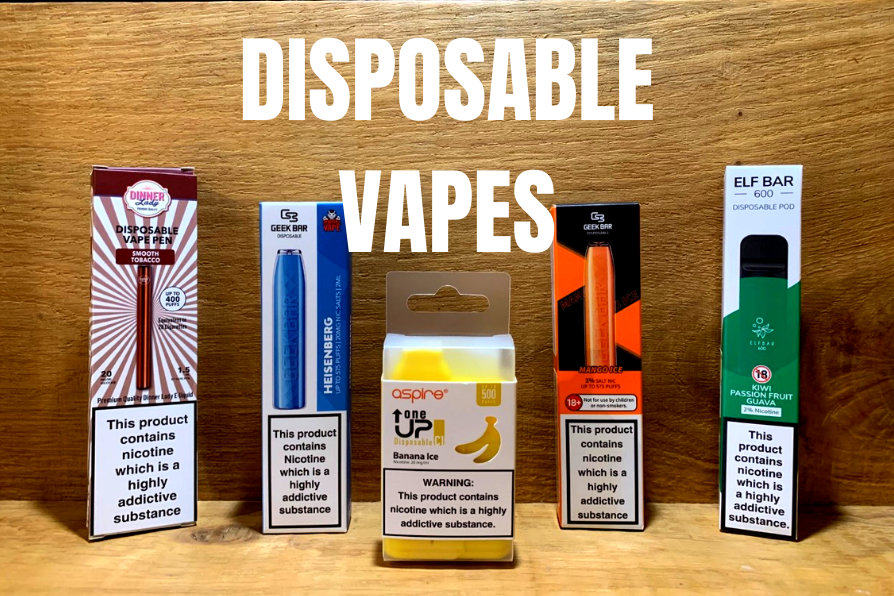In recent years, the popularity of Cake Disposables Vaps, or the use of electronic cigarettes (e-cigarettes), has surged among individuals seeking an alternative to traditional tobacco products. Proponents of vaping often tout its potential as a harm reduction tool, with e-cigarettes considered less harmful due to the absence of tar and combustion-related toxins found in regular cigarettes. Additionally, vaping is often seen as a way for smokers to gradually quit their habit by reducing nicotine intake. However, the growing prevalence of vaping has raised a host of concerns and controversies.
Critics argue that the long-term effects of vaping remain largely unknown and worryingly understudied. The multitude of flavored e-liquids, which range from fruity to dessert-inspired flavors, have drawn particular scrutiny, as they might appeal to younger individuals and potentially lead to nicotine addiction among those who would otherwise have never initiated tobacco use. This concern has led to calls for stricter regulations on marketing and sales practices to curb youth vaping.
Health implications constitute another contentious aspect of vaping. While e-cigarettes might lack some of the carcinogens present in traditional cigarettes, the inhalation of aerosolized chemicals and nicotine can still have adverse effects on the respiratory system. Cases of severe lung injuries associated with vaping have emerged, often referred to as EVALI (e-cigarette, or vaping, product use-associated lung injury). These incidents have underscored the need for comprehensive research into the potential risks and benefits of vaping.
Public health officials and researchers are grappling with the challenge of striking a balance between harm reduction for current smokers and safeguarding non-smokers, especially the youth, from the potential harms of vaping. As vaping continues to evolve, so too does the conversation surrounding its societal and health implications. Achieving a nuanced understanding of vaping’s complexities, backed by robust scientific research, will be crucial in formulating effective policies that address the concerns while recognizing the potential benefits vaping might hold in the larger context of tobacco harm reduction strategies.
